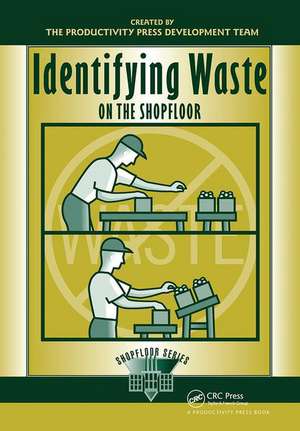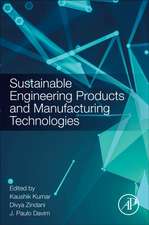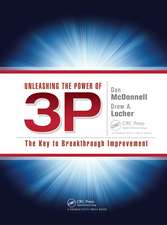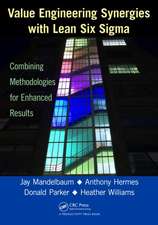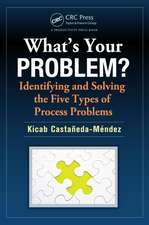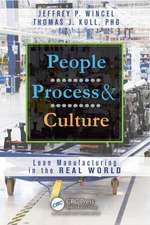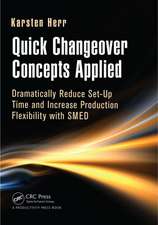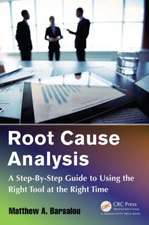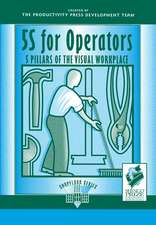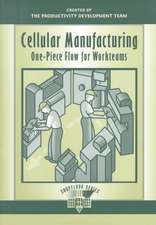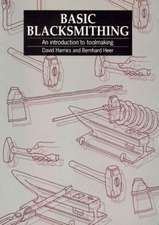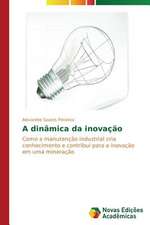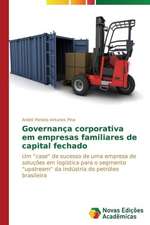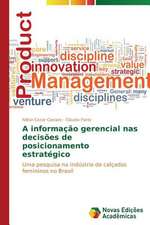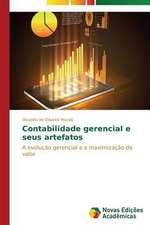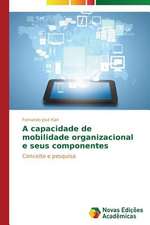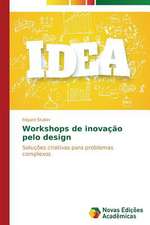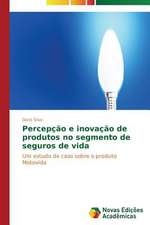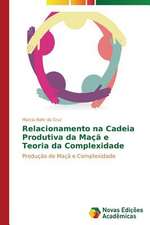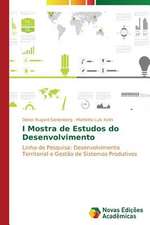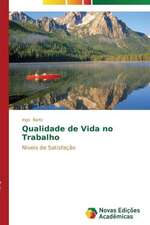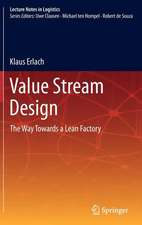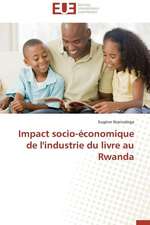Identifying Waste on the Shopfloor: The Shopfloor Series
Autor Productivity Development Teamen Limba Engleză Hardback – 28 iun 2018
Productivity's Shopfloor Series books offer a simple, cost-effective approach for building basic knowledge about key manufacturing improvement topics. Identifying Waste on the Shopfloor and all our Shopfloor Series books include innovative instructional features that are the signature of the series. The goal: to place powerful and proven improvement tools in the hands of your entire workforce.
| Toate formatele și edițiile | Preț | Express |
|---|---|---|
| Paperback (1) | 256.63 lei 3-5 săpt. | +15.00 lei 4-10 zile |
| Taylor & Francis – 13 iun 2003 | 256.63 lei 3-5 săpt. | +15.00 lei 4-10 zile |
| Hardback (1) | 986.91 lei 6-8 săpt. | |
| Taylor & Francis – 28 iun 2018 | 986.91 lei 6-8 săpt. |
Din seria The Shopfloor Series
-
 Preț: 228.89 lei
Preț: 228.89 lei -
 Preț: 256.68 lei
Preț: 256.68 lei -
 Preț: 255.80 lei
Preț: 255.80 lei -
 Preț: 264.80 lei
Preț: 264.80 lei -
 Preț: 256.34 lei
Preț: 256.34 lei -
 Preț: 256.63 lei
Preț: 256.63 lei -
 Preț: 256.63 lei
Preț: 256.63 lei -
 Preț: 302.28 lei
Preț: 302.28 lei -
 Preț: 243.78 lei
Preț: 243.78 lei -
 Preț: 300.16 lei
Preț: 300.16 lei -
 Preț: 412.11 lei
Preț: 412.11 lei -
 Preț: 242.29 lei
Preț: 242.29 lei -
 Preț: 301.13 lei
Preț: 301.13 lei -
 Preț: 314.21 lei
Preț: 314.21 lei -
 Preț: 302.66 lei
Preț: 302.66 lei -
 Preț: 315.40 lei
Preț: 315.40 lei -
 Preț: 311.69 lei
Preț: 311.69 lei - 15%
 Preț: 2379.67 lei
Preț: 2379.67 lei - 9%
 Preț: 2539.83 lei
Preț: 2539.83 lei - 15%
 Preț: 2373.18 lei
Preț: 2373.18 lei
Preț: 986.91 lei
Preț vechi: 1366.55 lei
-28% Nou
Puncte Express: 1480
Preț estimativ în valută:
188.87€ • 205.08$ • 158.65£
188.87€ • 205.08$ • 158.65£
Carte tipărită la comandă
Livrare economică 22 aprilie-06 mai
Preluare comenzi: 021 569.72.76
Specificații
ISBN-13: 9781138438613
ISBN-10: 1138438618
Pagini: 112
Dimensiuni: 178 x 254 mm
Greutate: 0.45 kg
Ediția:1
Editura: Taylor & Francis
Colecția Productivity Press
Seria The Shopfloor Series
Locul publicării:Oxford, United Kingdom
ISBN-10: 1138438618
Pagini: 112
Dimensiuni: 178 x 254 mm
Greutate: 0.45 kg
Ediția:1
Editura: Taylor & Francis
Colecția Productivity Press
Seria The Shopfloor Series
Locul publicării:Oxford, United Kingdom
Public țintă
Professional Practice & DevelopmentRecenzii
"The book has excellent material presented in a very useful format."
Bob Moody, Value Stream Manager, Northrop-Grumman Navigation Systems, March 2005
Bob Moody, Value Stream Manager, Northrop-Grumman Navigation Systems, March 2005
Cuprins
Chapter 1 What is Waste?, What is waste? Why does waste occur? How does waste take root? The classification of waste, The benefits of identifying and eliminating waste, Chapter 2 The Seven Deadly Wastes, Overproduction, Inventory, · Conveyance, · Defects, · Processing Waste, · Operation Waste, · Idle Time, Chapter 3 How to Discover Waste, Using the back door, , Bringing latent waste to the surface, , Analyzing current conditions, Chapter 4 How to Remove Waste, Adopting the necessary attitude, , Removing waste in the movement of goods, , Removing waste in the actions of people, , Removing waste in the way people, goods,, , , and machines are combined, Chapter 5 How to Prevent Waste, Standardization, , Visual and auditory controls, , The 5W and 1H Sheet, , Pointing to the future, Chapter 6 Reflections and Conclusions, An implementation summary, , Reflecting on what you've learned, , Opportunities for further learning, , Additional Resources related to, , , identifying and eliminating waste, , ,
Descriere
India‘s engagement with the Association of Southeast Asian Nations (ASEAN) is at the heart of its Look East Policy. As a regional bloc, ASEAN has developed much faster than any of the other blocs in the Asia-Pacific. With ASEAN and India working towards establishing a Comprehensive Free Trade Area through Regional Comprehensive Economic Partnership Agreement (RCEP), their cooperation will be key to promoting economic stability, competitiveness, growth and integration in the region. This Report:provides a comparative analysis of the global and regional economies;examines the impact and implications of India ASEAN integration;assesses policy priorities, effectiveness, implementation imperatives and challenges; anddiscusses themes central to the economic sustainability of the region, including public and foreign policy, trade facilitation, financial and scientific cooperation, food security, energy cooperation, and productivity and opportunities in the manufacturing and service sectors.It will be invaluable to scholars and researchers of economics, international relations, development studies, area studies, as well as policy-makers, administrators, private sector professionals, and non-governmental organisations in the field.
